
Recovery Tools
Table of Contents
“Abstinence is the action of refraining from compulsive eating and compulsive food behaviours while working towards or maintaining a healthy body weight. Spiritual, emotional and physical recovery is the result of living the Overeaters Anonymous Twelve-Step program.”
People who are part of Overeaters Anonymous use different methods to help them stop eating too much and recover from their illness. These methods are used regularly to achieve and maintain abstinence.
A lot of people in Overeaters Anonymous have learned that they need to use some or all of the nine recovery tools to follow the program and stop eating too much. Without these tools, they may not be able to control their eating habits.
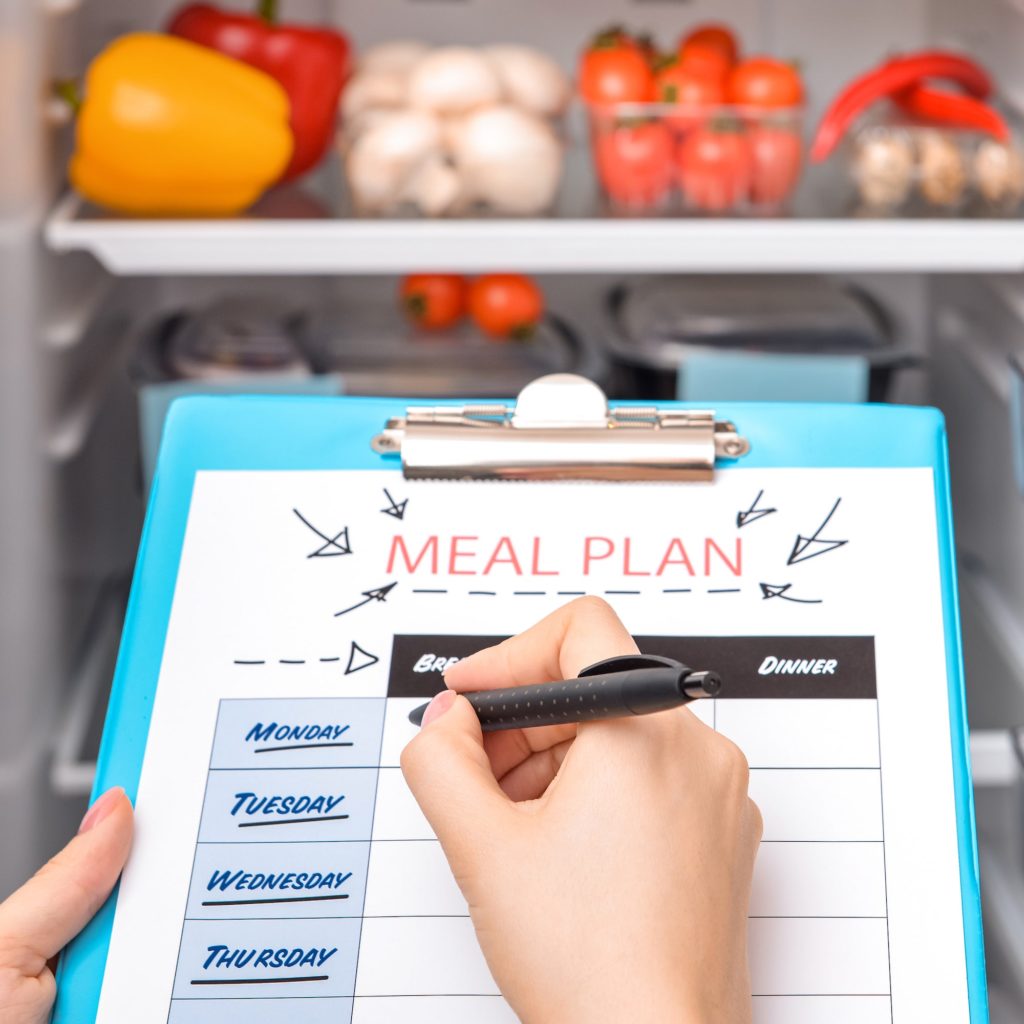
A Plan of Eating
One of the tools that Overeaters Anonymous provides is a plan for eating. This tool helps people stop eating too much, and it guides them on what, when, how, where, and why they should eat. The plan is designed to help with the physical aspects of the illness and achieve recovery.
For more information, people can read the pamphlet called “A New Plan of Eating.“
Sponsorship
To recover from our issues, we can get support from a sponsor who will help us with our body, emotions, and spirit. It’s important to choose a sponsor who has already achieved what we want, and we can ask them how they did it.
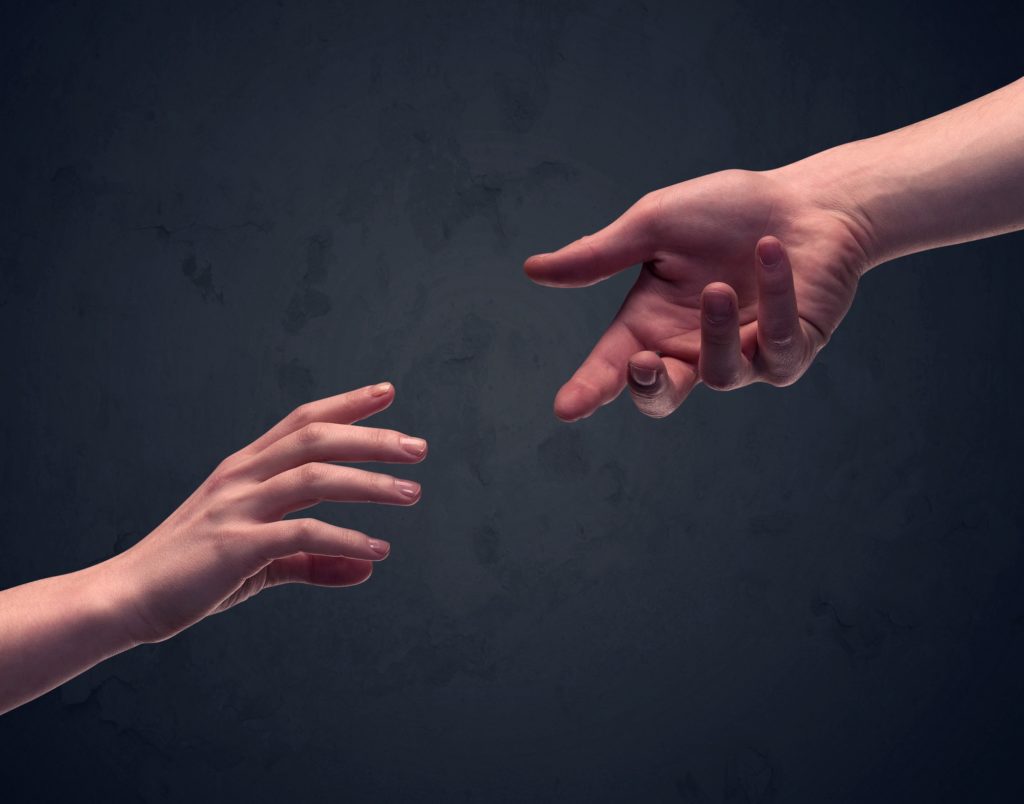
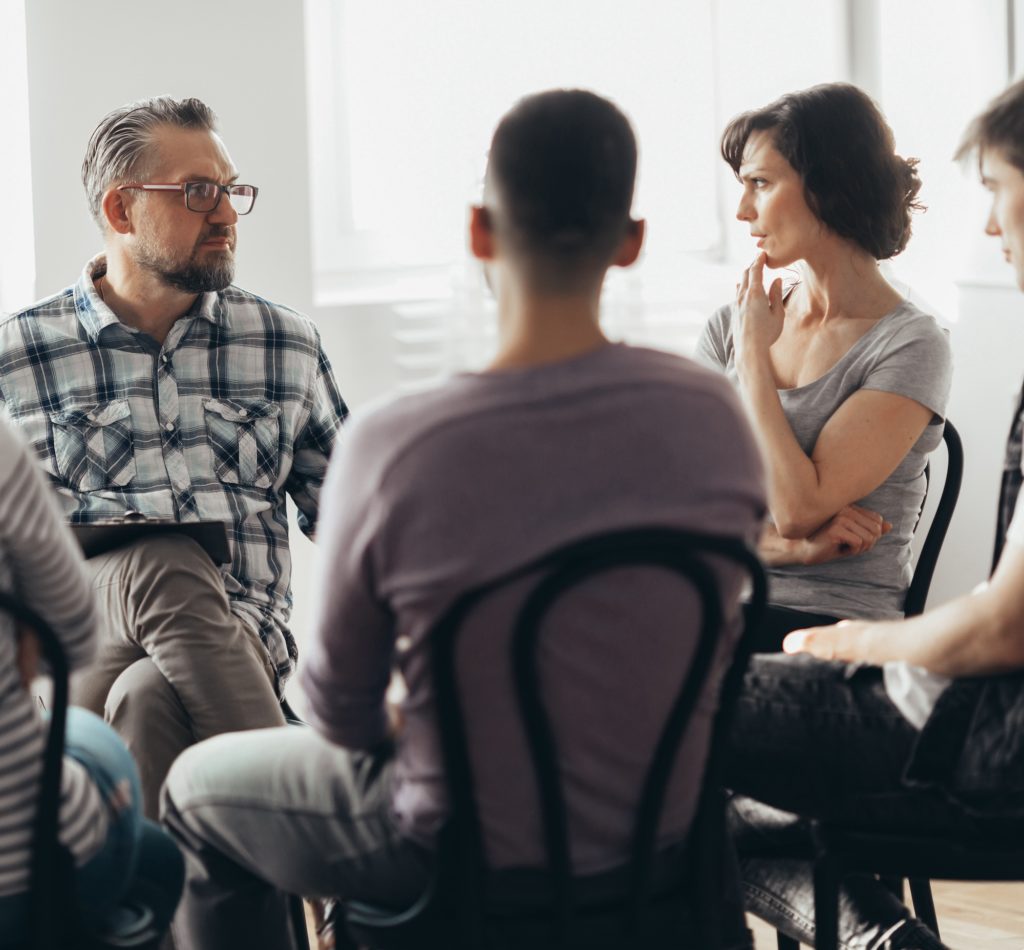
Meetings
At meetings, we can connect with others who have the same problem as us, and together we can find solutions using the Twelve Step program. We can also share our successes and inspire others.
If we can’t attend face-to-face meetings, there are other options like phone or virtual meetings that can help us overcome distance, illness, or physical challenges and break out of isolation.
Cell / Chat
Several members of Overeaters Anonymous stay in touch with their sponsors and other members daily through phone calls, texts, or emails.
This kind of communication can be very helpful when we need to share our emotions or seek help to deal with challenges. It provides an instant outlet to help us cope with difficult moments.
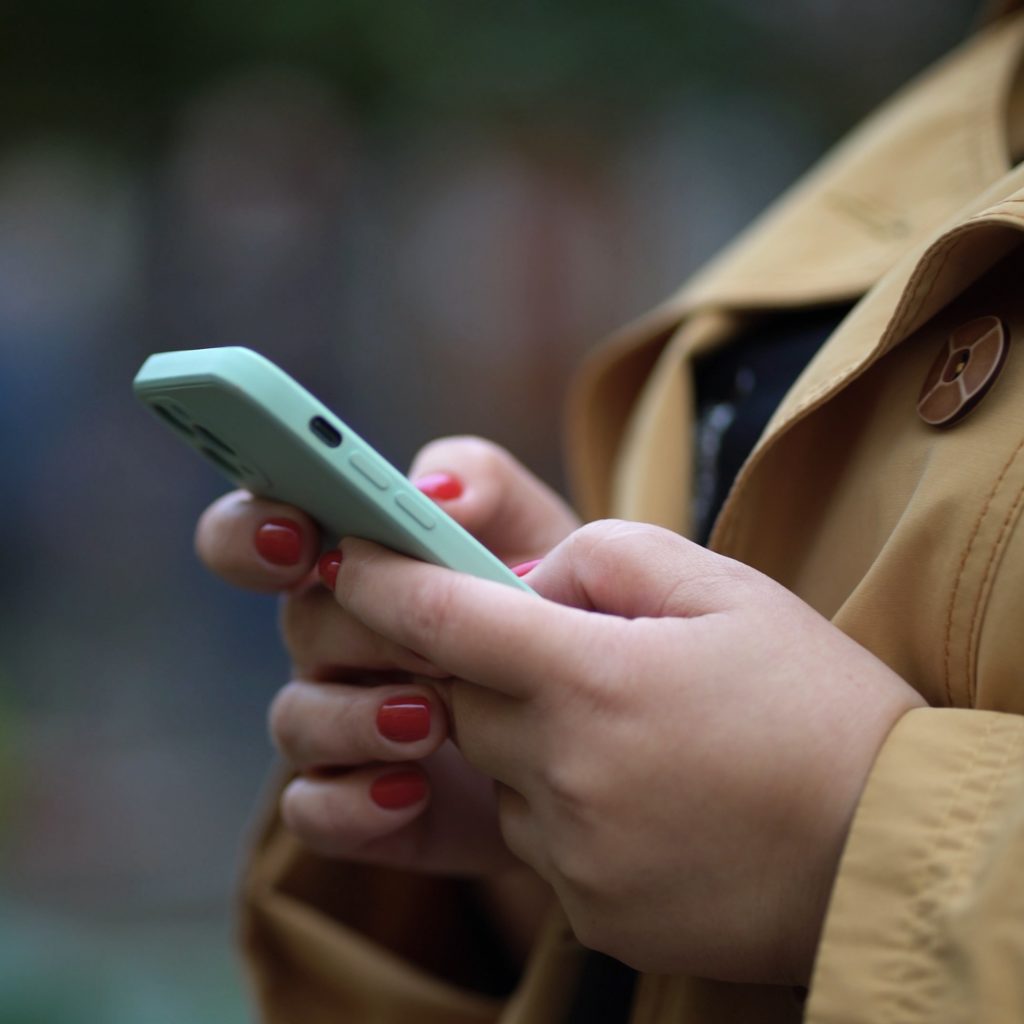
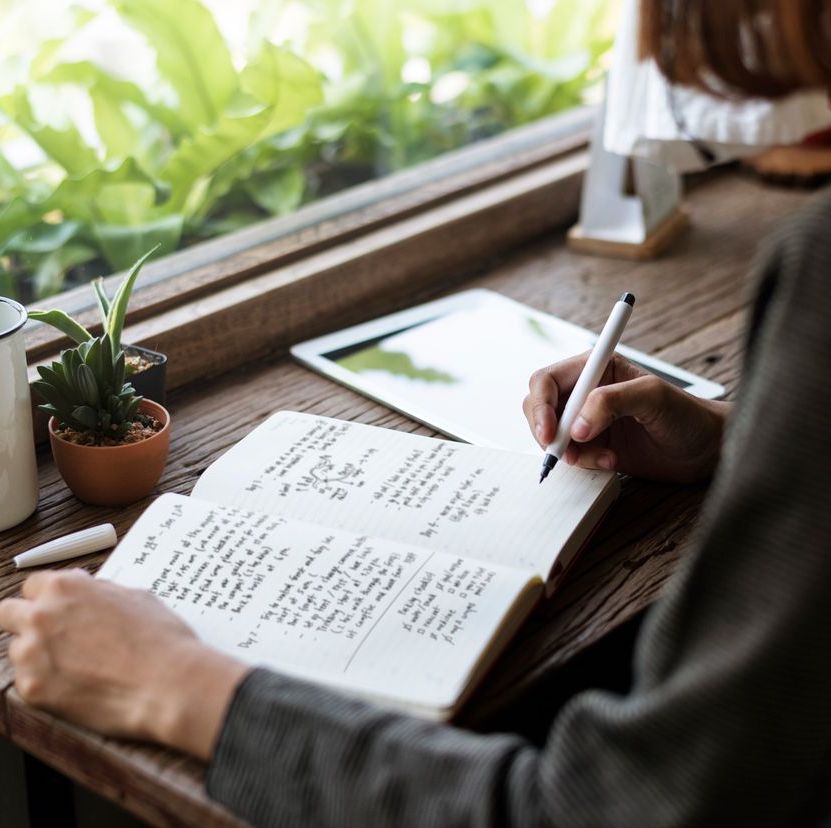
Writing
Writing down our thoughts and feelings, or describing a difficult or happy experience, can help us understand our actions and reactions better.
This is because sometimes we can gain insights through writing that we may not get just by thinking or talking about them.
Literature
We use literature approved by Overeaters Anonymous, including books, study guides, pamphlets, wallet cards, and select texts from Alcoholics Anonymous. These resources give us a better understanding of our problem and offer guidance, hope, and inspiration to recover from it.
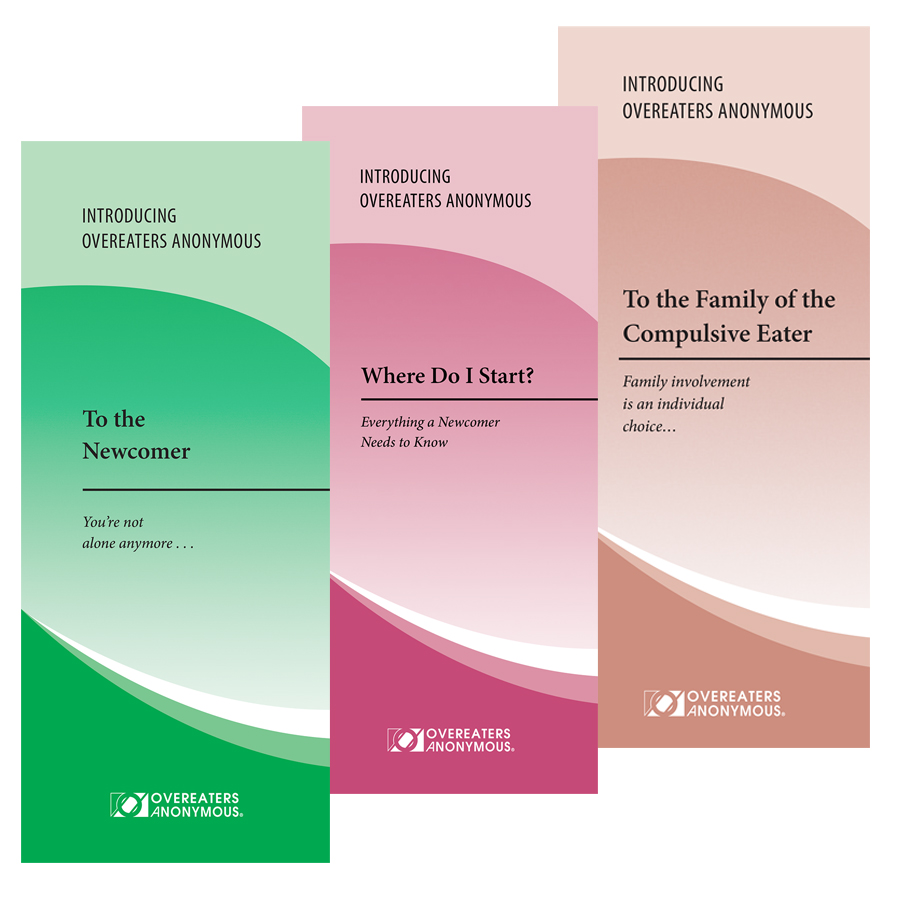
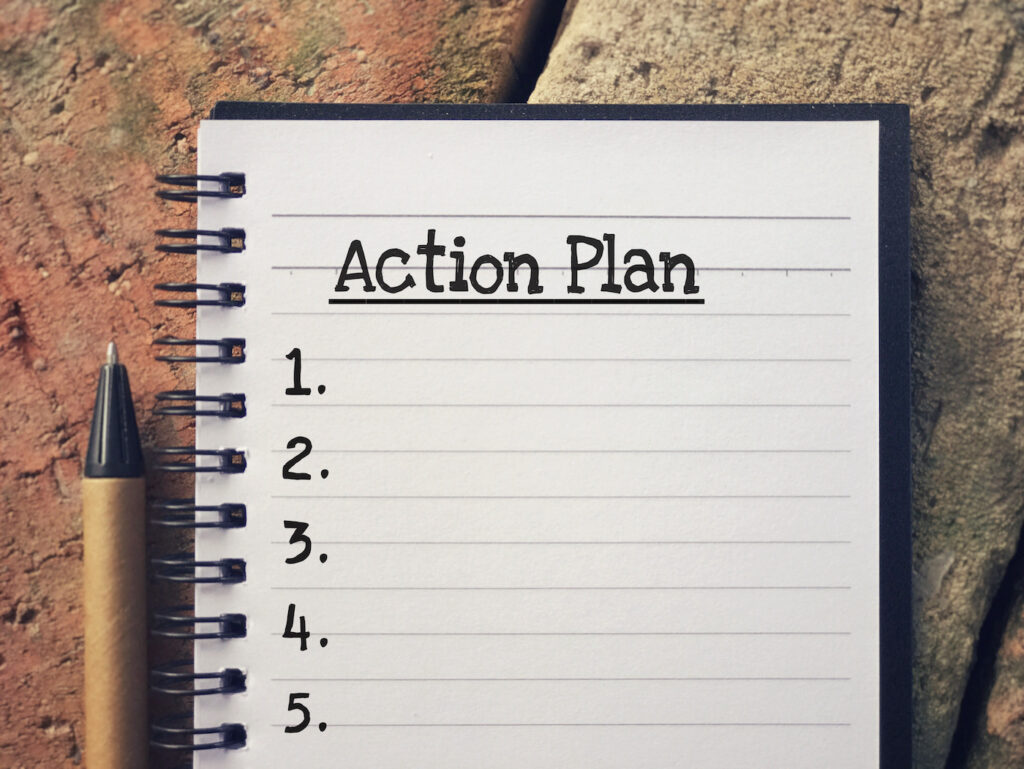
Action Plan
An action plan is a way of identifying and carrying out practical steps to help us achieve our goals for physical, emotional, and spiritual recovery.
Each person’s action plan may be different and may need to be changed as we move forward in our journey towards recovery. Just like our plan for eating, it is a Tool that can be tailored to suit our individual needs.
Anonymity
Anonymity is a crucial aspect of our program, based on the idea of putting principles before personalities, as stated in Tradition Twelve. This means that we are the only ones who can decide to reveal our membership in OA. When it comes to media and public communication, Tradition Eleven mandates that we keep our faces and last names hidden once we identify ourselves as members of OA.
Within the Fellowship, anonymity means that we can trust that whatever we share with another member will be kept confidential. We should feel safe sharing our experiences and struggles in meetings, knowing that what is said there stays there.
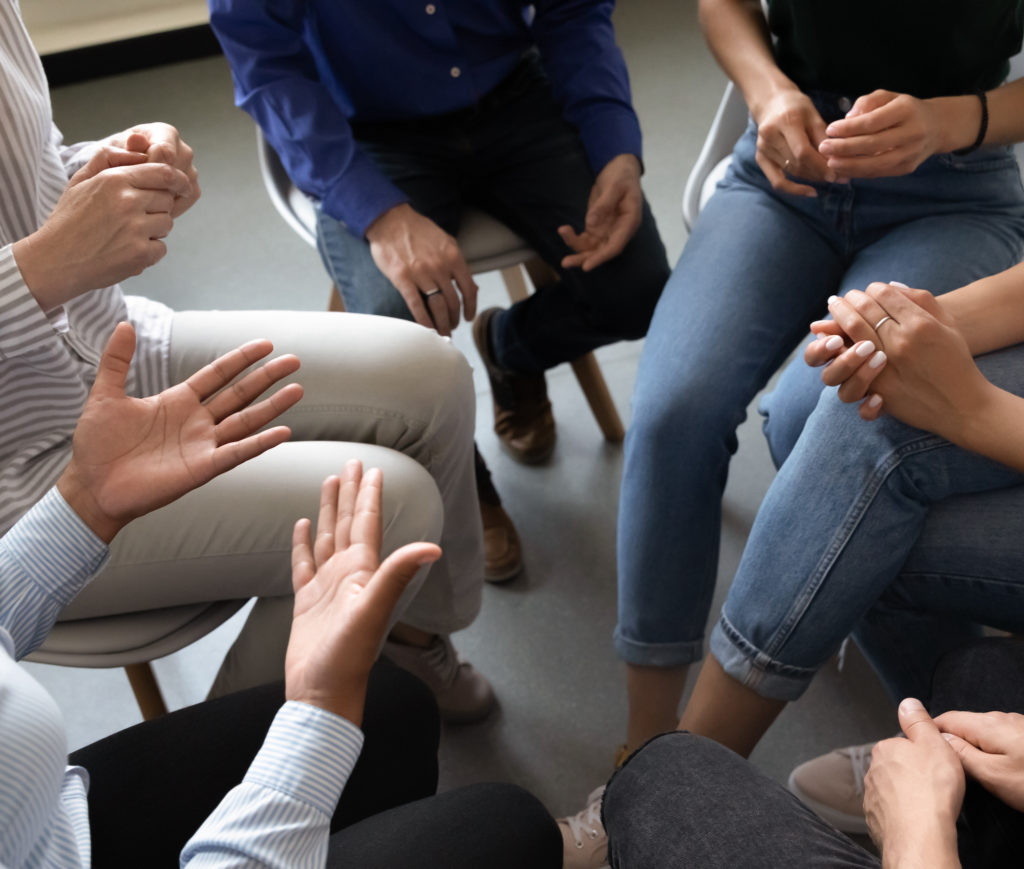
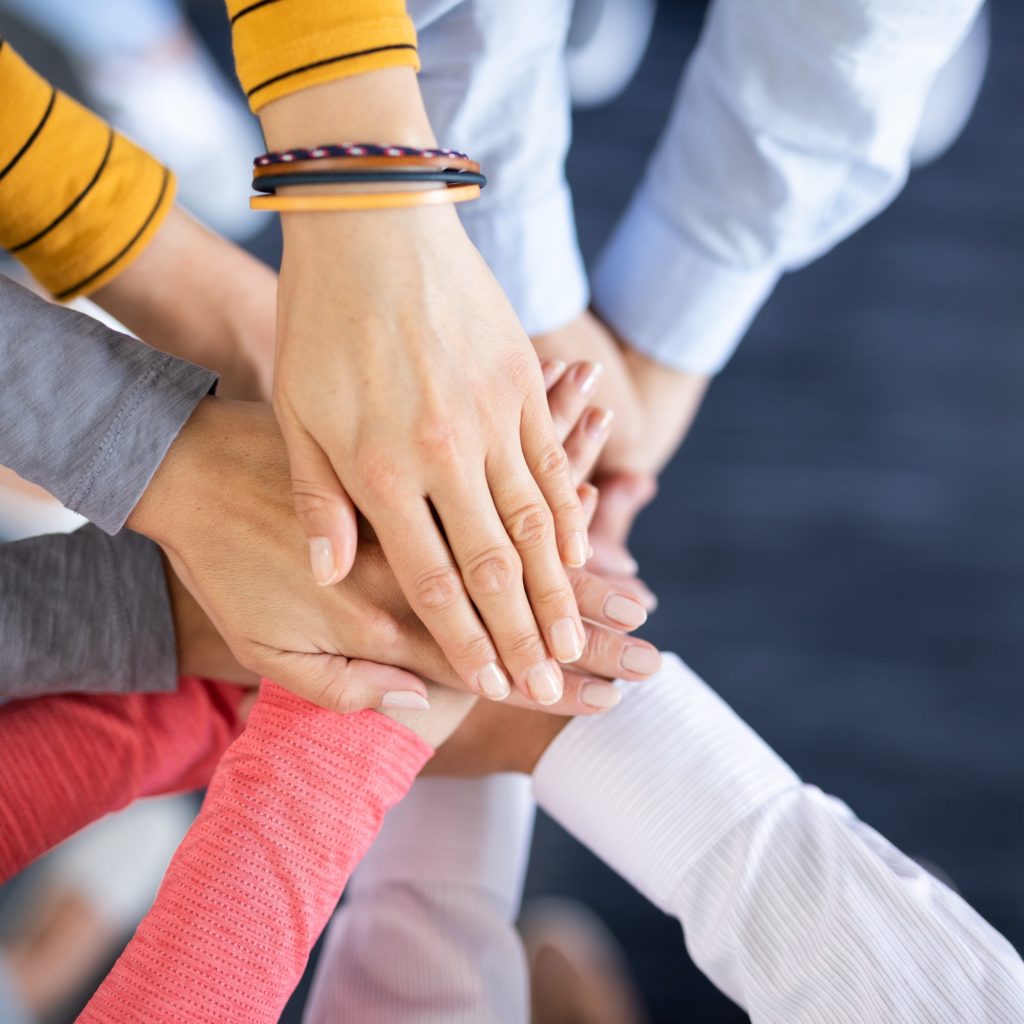
Service
Any kind of service, even small ones, can enhance our recovery by helping others who are also suffering. New members can give service by attending meetings and performing simple tasks like putting away chairs. All members can contribute by putting out literature, welcoming newcomers, hosting virtual meetings, or doing whatever is required to help the group. For those who meet certain criteria, there are opportunities to serve beyond the group level at the intergroup, service board, region, or world service level.
As OA’s Responsibility Pledge states: “Always to extend the hand and heart of OA to all who share my compulsion; for this I am responsible.”